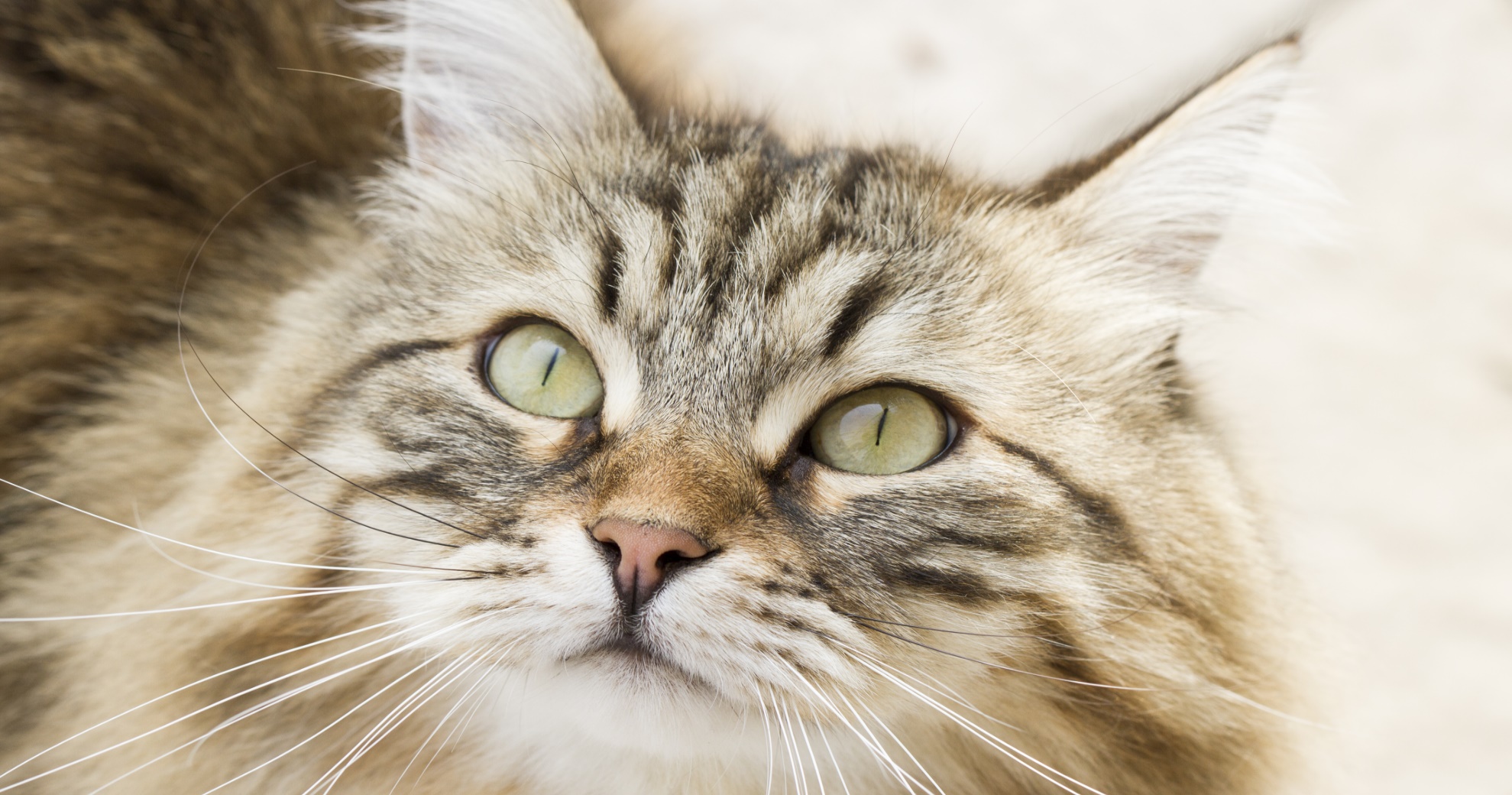HEALTH & WELLNESS

TRENDING

SIGN UP and Start Receiving
Our Monthly Newsletter,
The Chronicles
What Should Senior Cats Eat?

As they get older the dietary needs of adult, mature, and senior cats change. As such, it is critical to obtain information on the optimal daily feeding quantities required to keep them healthy.
Background
A 7–10-year-old mature adult cat’s daily energy requirement (DER) could be equivalent to its resting energy requirement (RER), although adjustments should be made based on each individual’s needs. For senior cats of 10 + years old, the RER must be increased by 10–20%, and sometimes by up to 25%. Older cats’ digestive capabilities are likely to be reduced, leading to their body condition score (BCS) decreasing and thereby increasing their required caloric intake.
Health issues
Senior cats often suffer from weight loss and this tendency should be managed through prescription or therapeutic diets. For numerous reasons e.g., obesity, chronic kidney disease, osteoarthritis, chronic enteropathies, hyperthyroidism, etc., special diets may more often be recommended for cats in the later stages of life. If a new diet is indicated, presenting the unfamiliar food in a different container next to the old one (this is preferable to taking away the food they are used to and exchanging it with the new) will allow your cat to move to the healthier meal without anxiety. To avoid stress-related negative food associations such major changes should take place at home rather than at the vet or dietitian’s practice.
Recommendations
The experts don’t always agree on what constitutes the ideal protein levels in a mature adult cat’s diet. One published study concluded that as cats age they should actually enjoy higher amounts of dietary protein to maintain lean muscle mass. This means that healthy adult, mature, and senior cats should not have their dietary protein restricted. A diet with a moderate protein content of 30–45% dry matter is recommended. This does not apply if your cat has chronic kidney disease in which case, your tabby may be better off with a prescription diet, which has lower phosphorous levels and less but higher quality protein.
Supplementary nutrition
The diet of cats with health problems should also contain supplemental ingredients to promote healthy bodily functions and metabolism. The effect of antioxidants e.g., in limiting the progress of renal disease, is still being widely researched. One study program demonstrated that protein supplemented with fish oil, amino acids, L-carnitine, and antioxidants in their diets could benefit senior cats in the early stages of renal failure. Studies to formulate firm guidelines on this approach are ongoing.
Hydration
Of equal, or even greater importance, is ensuring that your cat is properly hydrated at all times. Surprisingly, cats are sometimes picky regarding their drinking preferences. Such quirks should be noted by you, the owner, or the health practitioner providing advice or therapy.
Factors to consider include the water’s taste, freshness, and movement e.g., being supplied by a mini waterfall, fountain, drip pipe, or having air bubbles from an aerator in the water container. These features attract a cat’s attention which encourages them to drink. Oddly, even the shape of their bowl can have an effect. Notably, some cats dislike anything e.g., the sides of the container, touching their whiskers (vibrissae). For them, a larger open-profile water bowl is desirable. Diets with a higher water content, e.g., canned foods, could also help boost hydration. Just as with feeding, changes in their drinking environment should be managed to allow your cat to choose what suits it best. Regular cleaning of the food and water bowls is, of course, essential.
By applying this information and sound veterinary advice our, aging moggies will remain healthful and long enjoy their golden years.
Related Articles












